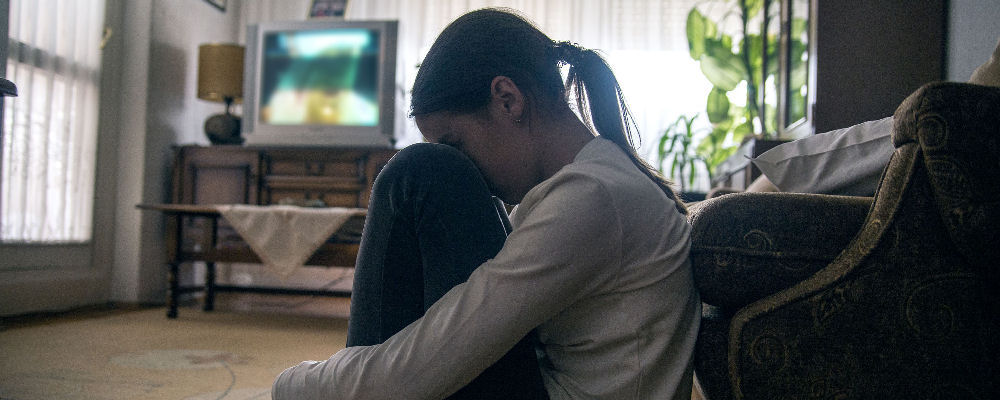You’ve been pressing on in your school year. The kids have been doing well with studies, sports, scouting and church activities. You feel like you are having a successful year; you are on top of your planning, and there are several enrichment activities planned for the spring semester. It gets to be about the end of March, and you gradually become aware that one of your kids seems a bit disinterested. They have been having a harder time getting up in the morning, and they seem routinely tired. They seem to lack focus, particularly during times of self-study or reading. You covered some material last week and thought they were on top of it, but this week, it’s like you need to start over with that same information. You begin to notice that your child complains of not feeling well more often and hasn’t been eating as well. They are also spending a lot more time alone in their room, and they are less interested in doing things with friends. Are they sick? Maybe they are suffering from burnout.
We often are aware that we need to watch for burnout in ourselves, but we need to remember that sometimes the high pace of life takes its toll on our kids as well. It can be a bit hard to figure out—it feels like a discipline issue or perhaps a wellness issue. Think back over your year and see if perhaps it’s been a little too much, at least for one of your kids. They don’t all come packaged the same way, and we inherently know that, but it’s often easier to see a cause of behavior issues, but that is different from just too heavy a load. Sometimes, a child just isn’t capable of the pace that seems normal in your mind, and it slowly begins to manifest in uncharacteristic behaviors. It may be that all of your other kids are fine, but this child simply isn’t keeping up, and the stress is showing.
Talk with them to see how they are feeling, and ask if they are having trouble staying on top of everything. Maybe you need to take a trip to Grandma’s house for a few days or head to the beach, even for a day. Maybe they are not struggling to keep up with work they must do, but the passion about those topics is missing, so it’s a grind. If you could restructure some of the lessons around something your child is passionate about, it might ease the feeling of overwork. Maybe you do have too many activities, and you need to drop something, at least for a time. Encourage your child to journal and share with you the insights they have; this is a great life tool for all of us, so it’s good to build this habit into our kid’s lives while they are young! If things still are not working, seek help. Your pediatrician or pastor may have thoughts of value for you, and your child may talk with someone else differently than they talk to you. Taking action will reaffirm to them how much you love them and care that they are okay. It is important to address burnout as soon as you recognize it. If they are struggling now, overwork can lead to deeply-rooted health issues that manifest as physical or mental challenges, perhaps even progressing to habitual overload as your child moves into adulthood. Addressing overload teaches your child that equilibrium in their life is important to seek and that achieving it is a lifelong balancing act that is important to learn early. Then, you can wish that you had that lesson as a child!




